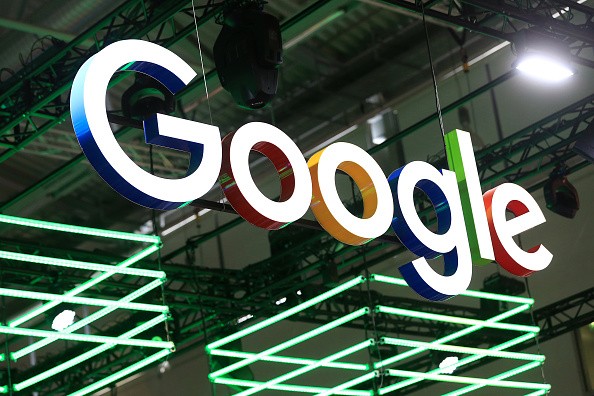
Tech giant Google recently launched its flagship virtual reality platform called Daydream. Google announced that the platform is now open for developers, along with the release of its official Google VR System Development Kit (SDK). The kit will allow developers to create virtual reality contents for smartphones and VR headsets that support the Daydream platform.
Google first unveiled the Daydream platform during this year's Google I/O Conference. During the conference, Google also confirmed that the company is working to create its own Daydream virtual reality headset. Google have previously stated that Daydream will have its own home launcher, as well as its own official storefront for virtual reality contents.
The Daydream platform is also embedded deep into Google's latest version of its mobile operating system, Android 7.0 Nougat. Google confirmed that several prominent brands and services are already available upon its launch, according to Tech Crunch. These apps are Hulu, Netflix, IMAX, HBO, NBA, MLB, CNN, The Wall Street Journal, The New York Times, and a handful of video game developers including Electronic Arts and Ubisoft.
Google said that the Daydream VR SDK version 1.0 have a simplified interface and virtual reality tools. This will allow developers to focus more into building their apps and creating immersive virtual reality contents instead of devoting time into the SDK itself.
Along with the launch of the Daydream SDK, Google also updated its developer site. It now includes full documentation, a handful of sample applications, as well as tutorials that will help developers to acquaint themselves of the new platform, according to Engadget.
Google also added native integration of Unity, a technology that adds new support tools like head tracking, deep linking, and Android manifest configuration. Google also confirmed that the Unreal engine integration has been improved, and will now include Daydream controller support, a new neck model, and new rendering tools and optimizations.



